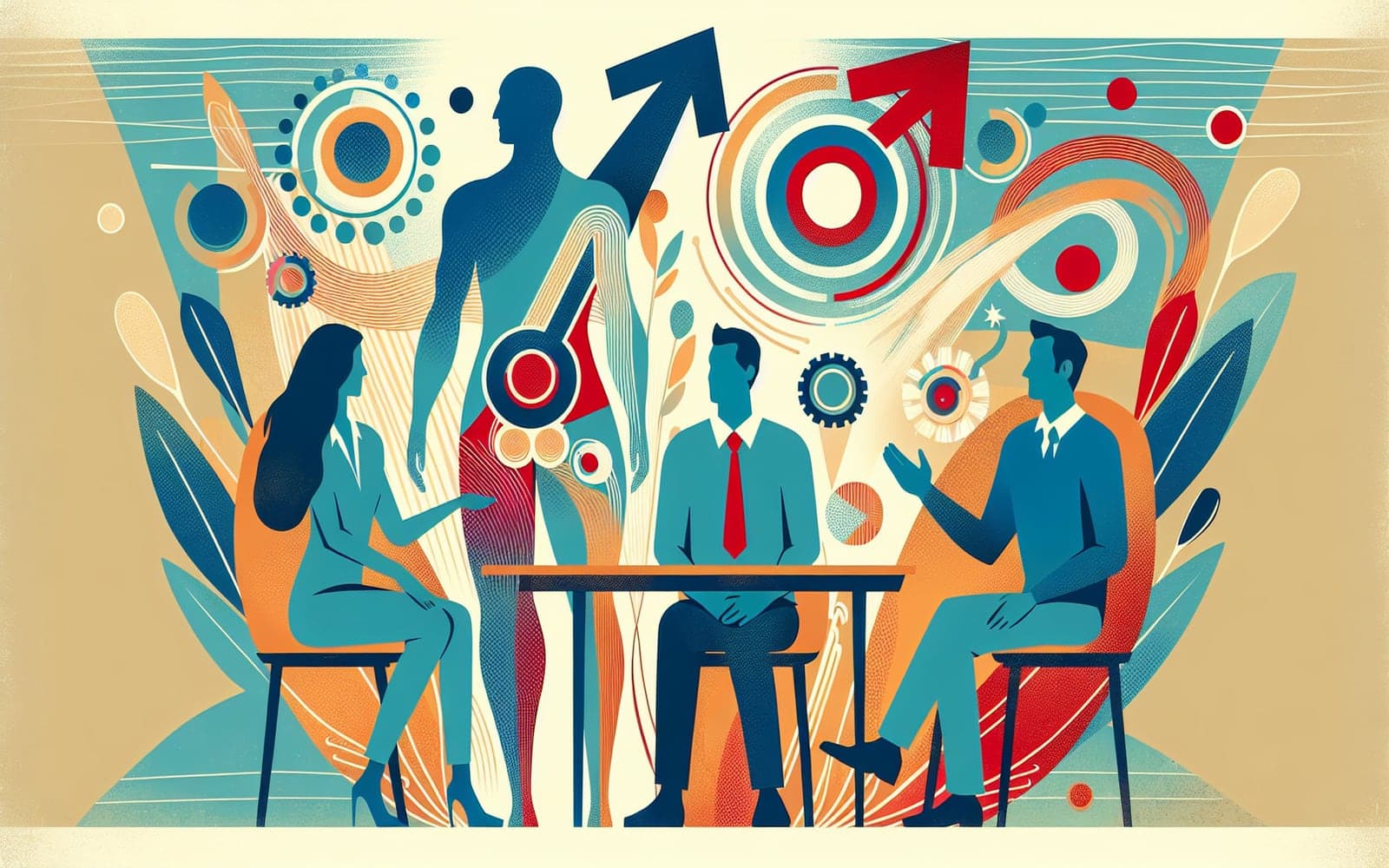Understanding Male Sexual Dysfunction: What's Behind the Scenes?
Published: Oct 03, 2024
Male sexual dysfunction is a common issue that becomes more prevalent with age, affecting aspects like erectile function, libido, and ejaculation. This article explores the physiological processes and factors contributing to these conditions.
Contents
The Role of Blood Flow and Nitric Oxide
A healthy blood flow is crucial for an erection, as it fills erectile chambers and maintains pressure. This process involves nitric oxide, a chemical that helps relax muscles and facilitate blood flow. Problems with nitric oxide production, often seen in smokers and diabetics, can lead to erectile dysfunction (ED).
Hormonal Influences on Sexual Function
Testosterone, a key male hormone, plays a significant role in sexual health, affecting libido and erectile function. A deficiency in testosterone can result in ED and decreased sexual desire, but normalizing levels can restore function. Hormonal therapy is sometimes considered for treatment.

Understanding Psychogenic and Reflex Erections
Psychogenic erections are triggered by mental stimuli, while reflex erections occur due to physical touch. Younger men tend to experience psychogenic erections more often, whereas reflex erections are common in older men. Both types are essential for a healthy sexual life.
Frequently Asked Questions
ED can be caused by blood flow issues, hormonal imbalances, and psychological factors.
Nitric oxide helps relax penile muscles, enhancing blood flow and enabling erections.
Yes, testosterone deficiency can cause erectile dysfunction and reduced libido.
Yes, regular nocturnal erections can suggest healthy erectile function.
Key Takeaways
Understanding the interplay of blood flow, hormones, and psychological factors is crucial in addressing male sexual dysfunction.
Curious about how these factors relate to your health? Discuss with Doctronic today!Related Articles
References
Krane RJ, Goldstein I, Saenz de Tejada I. Impotence. N Engl J Med 1989; 321:1648.
Virag R, Bouilly P, Frydman D. Is impotence an arterial disorder? Lancet 1985; 1:181.
Always discuss health information with your healthcare provider.

